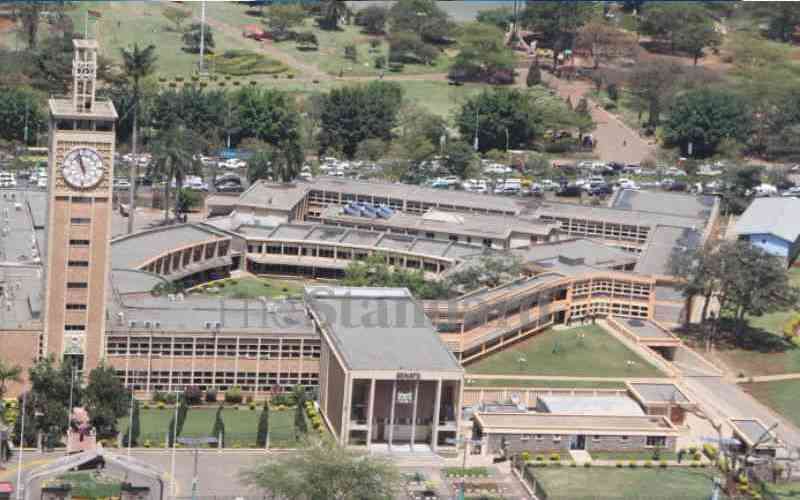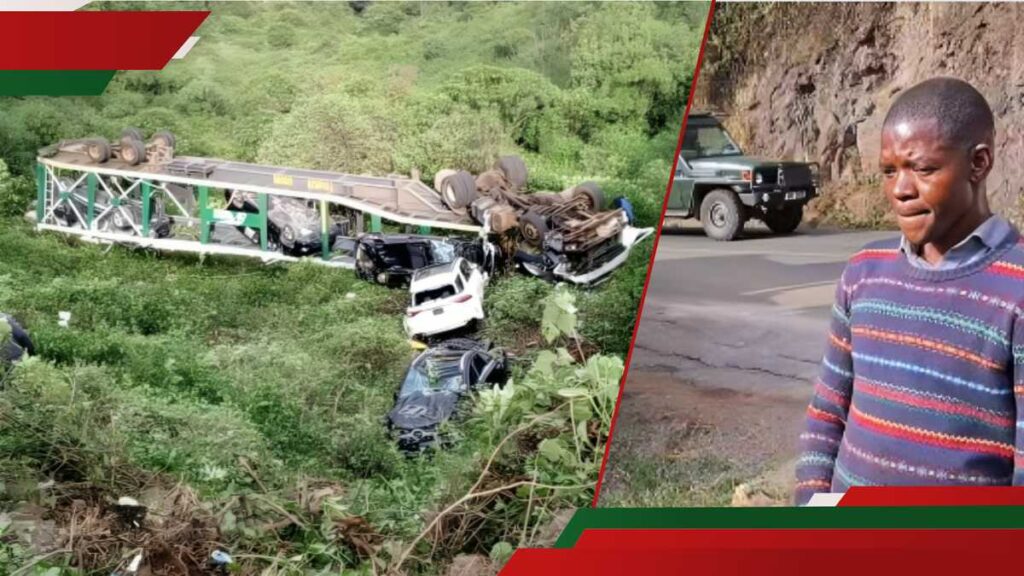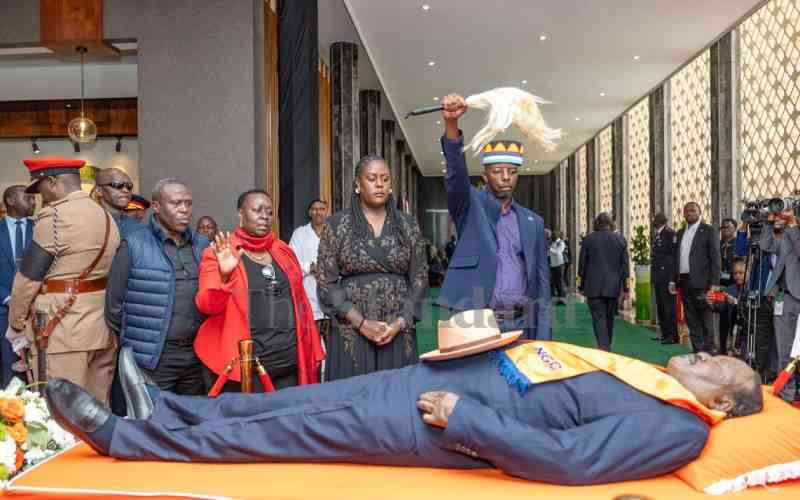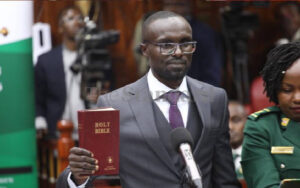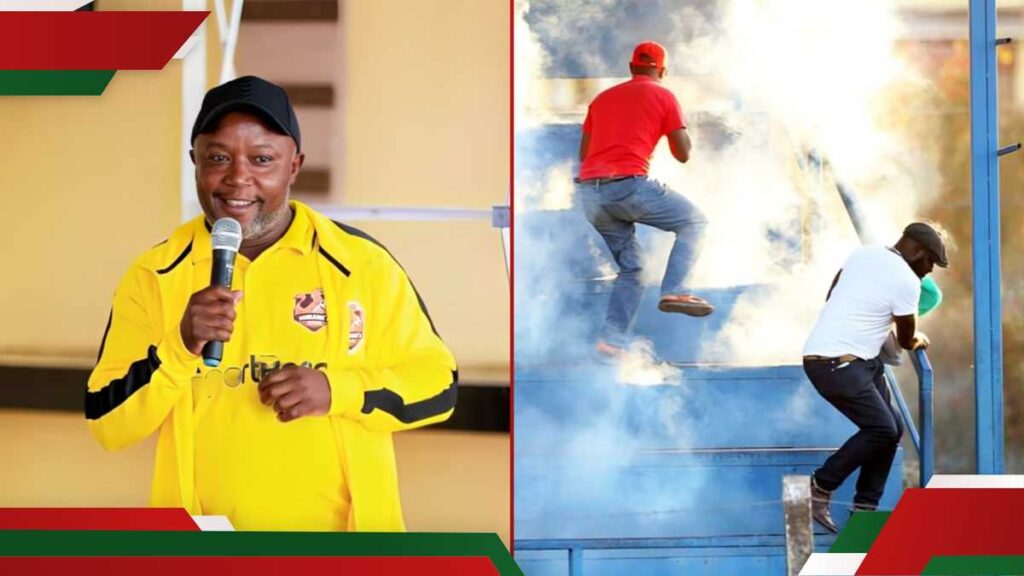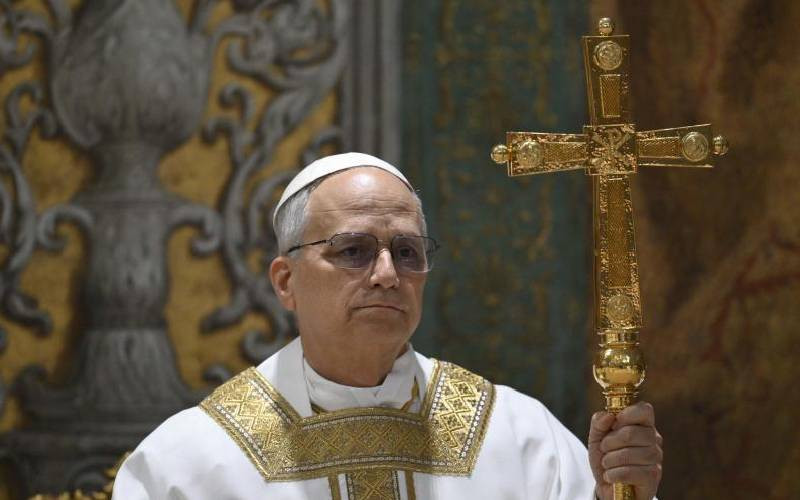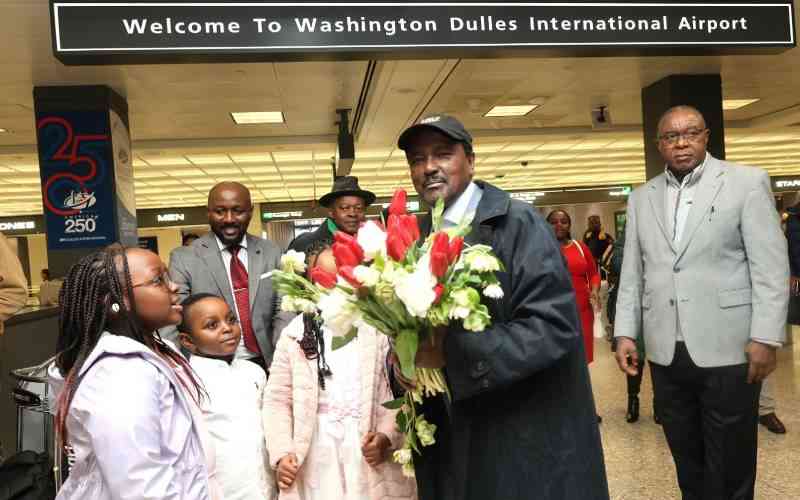A case has been filed in the High Court in Nairobi to compel the government to activate a law designed to establish an independent body to investigate unexplained deaths, particularly those caused by the police.
In their case filed before High Court Judge Lawrence Mugambi, John Wangai, Peter Agoro, and Operation Linda Jamii urge the court to implement the National Coroners Service Act, which aims to establish an independent coroner responsible for investigating causes of death and holding those involved accountable.
“In the wake of the youth-led protests calling for accountability and transparency in government, it is worth noting that police officers were on the spot for using excessive force and wearing facemasks, making it difficult to identify them and subsequently prefer charges against them particularly in cases where they are alleged to have shot to death a protester,” the group led by Wangai argued.
It has now been almost eight years since the enactment of the National Coroners Service Act, 2017. The Act’s passage paved the way for establishing the National Coroners Service, whose primary mandate is to investigate mysterious deaths and police conduct.
The government has, however, been silent as more and more Kenyans continue to meet horrifying deaths.
However, deaths go cold, with the perpetrators walking free due to a lack of credible and reliable investigations pinning them to these executions, which have become alarmingly frequent.
This was the main reason human rights groups pushed for the need to have coroners complement the work of the National Police Service and the Independent Policing Oversight Authority (IPOA), whose role is to investigate complaints related to disciplinary or criminal offences committed by police officers.
A coroner is a qualified person or official whose duty is to investigate the cause of any death occurring due to unnatural causes or foul play. For investigative purposes, the coroner is given powers to collect forensic and other evidence and to preserve it as necessary.
Under section 24 of the National Coroners Service Act, a person shall immediately notify a coroner if he or she believes that the deceased person died as a result of violence, misadventure, negligence, misconduct or malpractice.
In their case filed on Wednesday, Wangai, Agoro and Operation Linda Nchi argued that out of 727 cases documented since 2007, only 26 of the total cases have resulted in prosecution of those believed responsible and fewer than 10 convictions.
“Unfortunately, despite the legislation being in place, it remains non-operational because the responsible authority has not issued the necessary guidelines, rules, and regulations. For the Coroners Service to function, a secretariat must be formed, staff, including Coroners and the Coroner-General, must be appointed, and the National Coroners Council must be established,” court papers filed on Thursday read in part.
They claimed that the government’s failure to operationalize the Act was a violation of the right to life, human dignity and torture.








